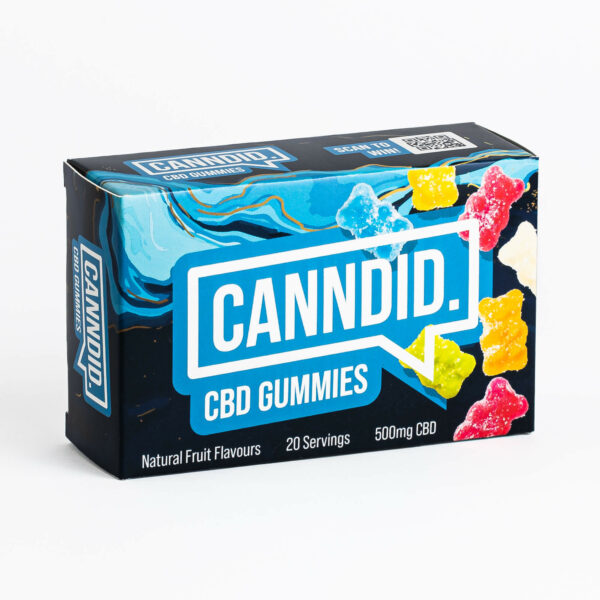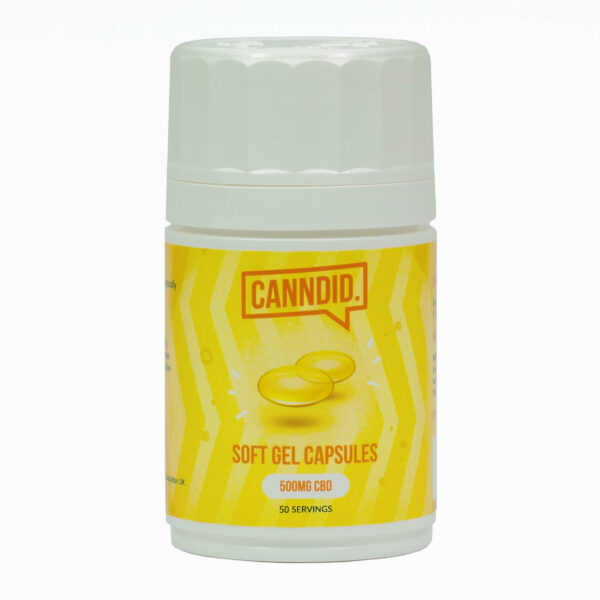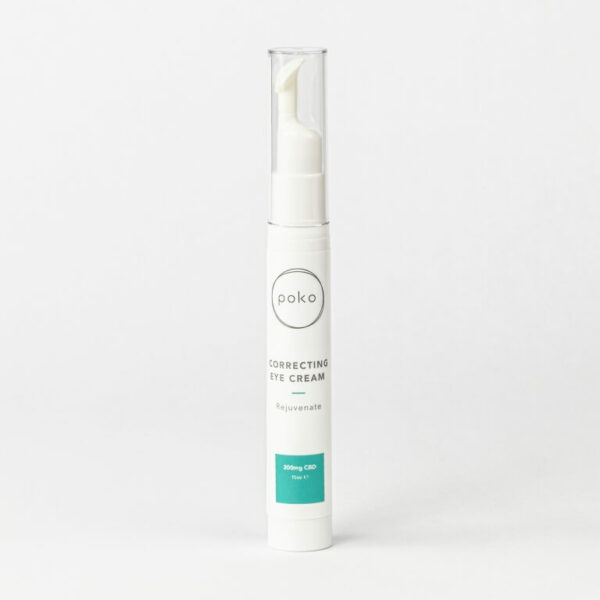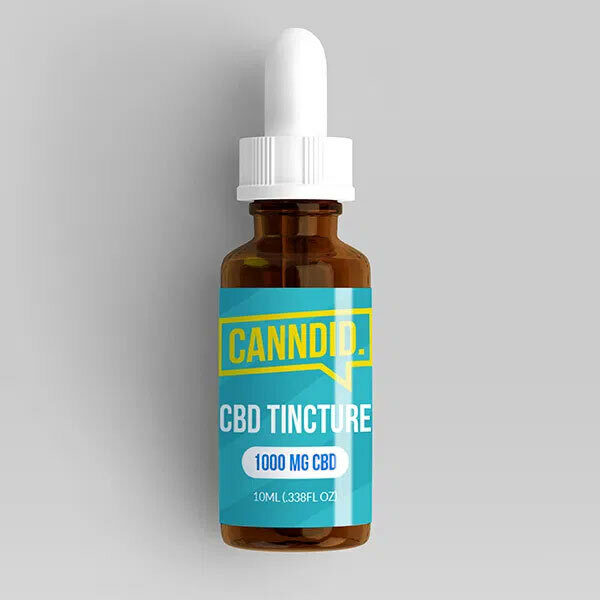You Ever wonder How Long Does CBD Stay in your system? Cannabinol, also known as CBD oil, has been gaining popularity in recent years and has become popular among consumers in the United Kingdom. It is a member of the cannabinoid family. A group of molecules found mostly in the plant species Cannabis sativa and its subspecies and cultivars. You may be wondering “how long does CBD oil stay in your system?”. Let’s take a closer look.
What Is CBD Oil?
Cannabidiol (CBD) is a component of the cannabis plant that has a wealth of proposed health benefits. CBD is currently under clinical research study, in many countries around the world. Since CBD oil has blown up in the media, it has been an exciting time not only for cannabis advocates but for medical science.
However, there are factors that will impact both the bioavailability of CBD and how long it will stay in your system. The main factors are:
- How much CBD you consume.
- What methods that you use i.e. CBD tinctures or CBD vape pen.
- The strength of the products.
- How often you take CBD.
So, if you were wondering how long does CBD oil stay in your system, this article will guide you. We will discuss the different types of CBD-laden goodies available and explore how they will interact with your body.
How Long Does CBD Oil Stay In Your System?
Due to the historically controversial nature of the plant from which it comes, taking CBD oil for the first time can be a concern for newcomers. This is especially true for those who undergo regular mandatory drug tests. Others are just curious as to how long the beneficial effects of CBD oil will last, and how long does CBD oil stay in your system. CBD can be consumed in a number of ways, from CBD Tea to CBD Coffee or even using Balms, but these CBD products are now flooding the market because of how easy they can be used.
The effects of CBD oil are said to last from three to four hours in the human body. CBD oil will be interacting with the C1 and C2 cannabinoid receptors in the brain and at sites all around the body, exerting its effects.
The length of time that CBD oil (and almost all substances) stay in your body depends upon the initial dose of consumption and whether you engage in continued use. This is because chemicals have something called a biological elimination half-life: –
‘The biological half-life of a substance is the time it takes for half of the substance to be removed via biological processes.‘
For CBD oil, the biological elimination half-life is between 18-32 hours. So as a result, if you were to take 12 mg of CBD (assuming 100% bioavailability), then it would take between 18-32 hours for that to reduce to 6 mg. Then it will take the same amount of time again to reduce to 3 mg, and so on. This time will vary from person to person depending on factors such as metabolism.
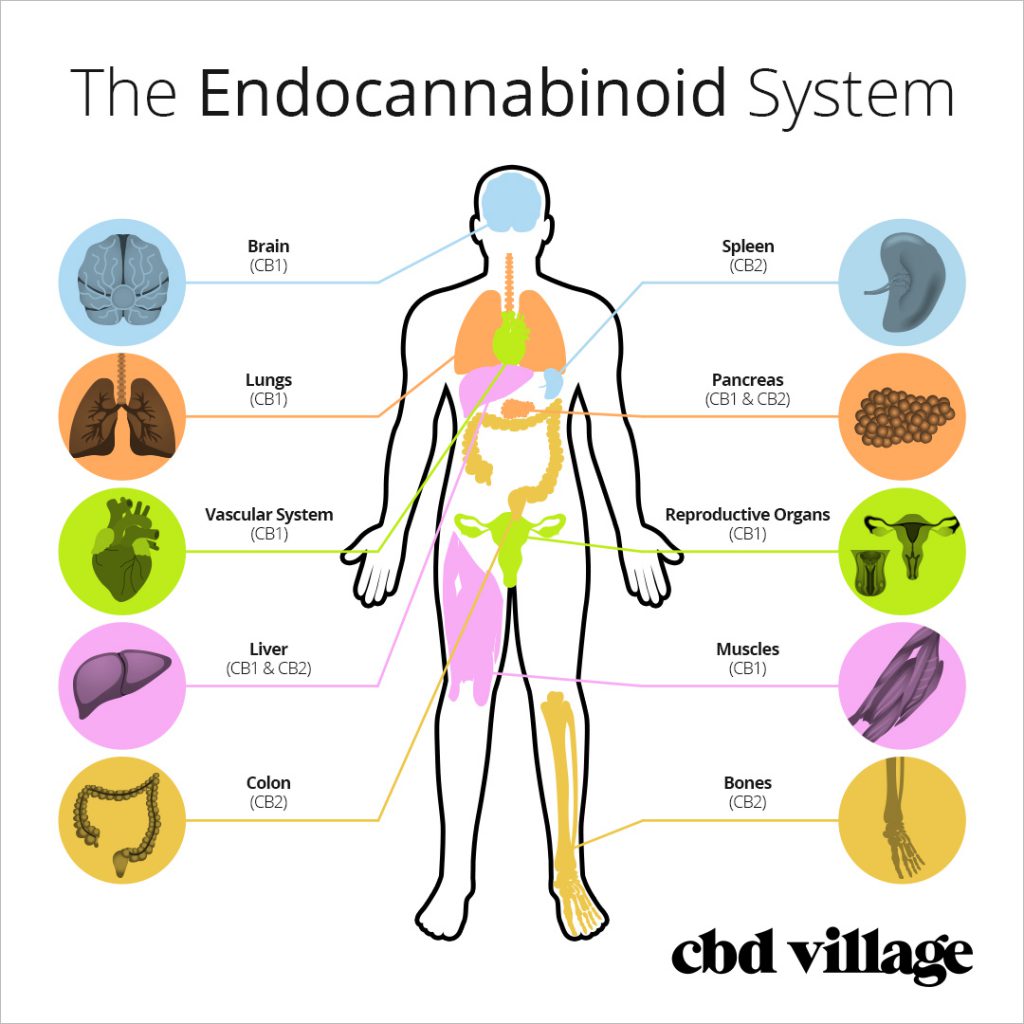
Furthermore, remnants of CBD in your bloodstream don’t necessarily mean that there is an ongoing, strong biological effect. If you base it purely on anecdotal evidence, many people who consume CBD oil find that the effects start after 10-40 minutes, if the CBD is taken sublingually.
Typically, they will feel the effects for a further 6-24 hours depending on the dose taken, and then the effects would stop, and they would require more. This is because CBD is removed from your bloodstream as it enters different parts of your body and is absorbed by the receptors of the endocannabinoid system, causing its effect.
On average, most casual users of CBD would find that it takes about 4-5 days for all traces of CBD to be removed from their system. Generally speaking, many people stop feeling the effects after 12 hours. This means that, for the average person, a dosage morning and night will be sufficient.
How Long Does It Take For CBD Oil To Work?
Although it is well-known that CBD only acts on the cannabinoid receptors for three to four hours, a number of studies have been carried out to check the length of time that CBD stays in the system as a whole. Some users also wish to know the length of time that CBD will be detectable, even in trace amounts, in the human system.
One study determined that cannabidiol stays detectable in the system for three to four days. Although CBD is not as biologically active at this point, it will appear in the results, if specifically tested for. However, CBD is non-psychotropic and is not generally tested for.
Using large chronic doses over a long period, another study demonstrated that the CBD stayed in the system for up to five days. It is worth noting that this study was conducted using extremely high doses of CBD. Most general practitioners will recommend around 300 mg daily, for most people.
This study was conducted to see how the system responds to large, chronic doses of CBD. The study ran over the course of 6 weeks and participants were given 700 mg doses daily. This study suggests that CBD will stay in the system for no more than a week, on average, even when taking higher dosages.
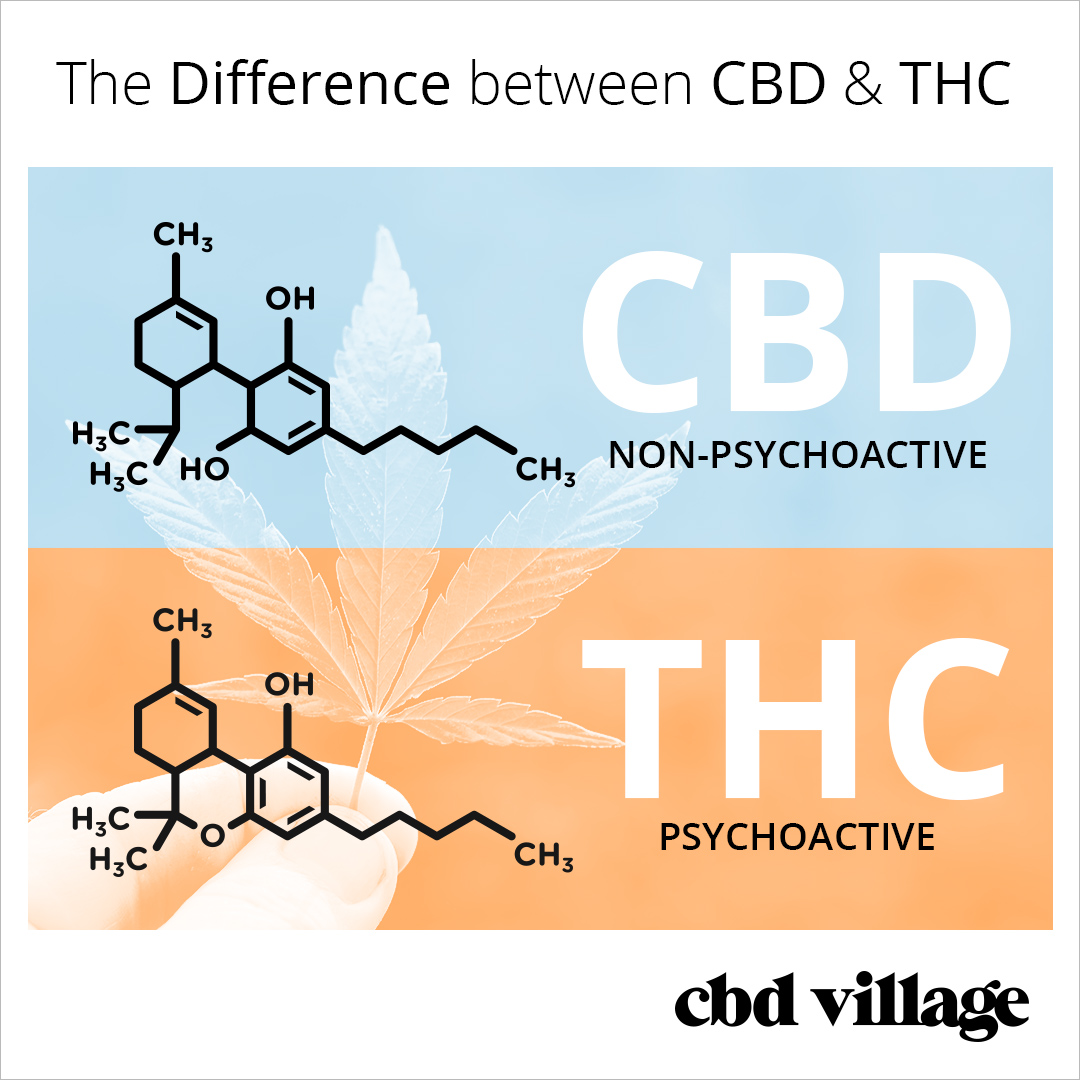
Does CBD Show Up On A Drugs Test?
CBD oil shouldn’t show up on a drug test, however, it is still possible. Why is it still possible? Many CBD products will contain trace amounts of THC, the main active ingredient in cannabis. If enough THC is present, it will be flagged on a drug test.
The best way to avoid failing a drug test when taking CBD oil is to use CBD products that are of both high quality and composition. Knowing what to look for when buying CBD oil can help prevent failing a drug test.
What CBD Products Are Available?
CBD is a cannabinoid predominantly found within the buds of the cannabis plant. It is found in both marijuana and hemp. The difference differs from country to country, but in the UK, they are defined as:
- Hemp: Cannabis that contains less than 0.2% THC.
- Marijuana: Cannabis that contains more than 0.2% THC.
THC (tetrahydrocannabinol) is the psychoactive component of cannabis associated with the feelings of being high. You will find that in the UK, most CBD products are made with CBD extract, sourced from the hemp plant. However, this isn’t always the case in other countries. Thus, CBD and THC don’t always go together.
So, we know that CBD is found in hemp buds, and it can be extracted into oils, as well as CBD isolates, CBD gummies, CBD edibles, CBD creams, CBD balms, and multiple other CBD-infused cosmetic items.
Each of these different CBD-based products has a different way of interacting with your body endocannabinoid system (ECS). For example, a CBD cream that you rub on your skin will only interact with cannabinoid receptors directly where it is applied and will provide localised relief.
In contrast, a substance that you ingest will allow CBD to enter the bloodstream. Here, it can be transported all around the body. Even the different ways in which you can ingest CBD have different mechanisms of how they enter the bloodstream. Each method affects bioavailability. This means that 10 mg of CBD ingested via one method may be much more effective than 10 mg of CBD ingested by another.
-
Canndid, CBD Edibles, CBD Gummies, CBD Gummy Bears
Canndid – CBD Gummies (Vegan Friendly) (BUY 1 GET 1 FREE)
£12.50 (Incl. of VAT)Select optionsQuick View -
Canndid, CBD Capsules, CBD Edibles, CBD Oil
Canndid – CBD Capsules (BUY 1 GET 1 FREE)
£20.83 – £24.99 (Incl. of VAT)Select optionsQuick View -
CBD Creams, CBD Face Cream, CBD for Acne, CBD Skincare, POKO CBD
Poko – Correcting Eye Cream
£19.96 (Incl. of VAT)Add to basketQuick View -
Canndid, CBD Oil, CBD Oil, CBD Products, CBD Tincture
Canndid – CBD Tincture 1000mg (BUY 1 GET 1 FREE)
£24.96 (Incl. of VAT)Add to basketQuick View
We will answer the question of “how long does CBD stays in your system?“, and then look further into some of the more popular ways of consuming CBD and discuss the bioavailability of each.
Which Method Of Taking CBD Oil Provides The Best Bioavailability?
Before using CBD oil for the first time, it’s always a good idea to define why you want to use CBD. By defining what your needs are, then allows you to choose the best CBD product that offers you the best bioavailability.
- Smoking CBD: This is done by combusting the hemp buds and inhaling the smoke. It results in the CBD being carried via the smoke into the lungs. Here, it is subsequently absorbed into the bloodstream. The bioavailability of smoking is about 15-50%.
- Vaping CBD: You can heat the CBD buds up more gently, using a CBD vape pen, so the plant material doesn’t combust. Instead, CBD atomises into a vapour and which is inhaled. You can also extract the CBD into e-liquids that can be vaporised. The bioavailability of vaping CBD is 50-90%.
- CBD Edibles: CBD can be extracted from the flower and placed into foodstuffs that can then be eaten. The bioavailability of edibles is 5-20%. This is because once they enter the digestive system they are almost immediately processed by the liver. This allows for very little absorption.
- CBD Oil Drops: CBD that is extracted from the buds can be placed into a carrier oil. These can be consumed sublingually (placed under the tongue). This has a bioavailability of around 75-85%.
- CBD Balms & CBD Creams: These work by being applied locally to the skin. They don’t have an associated bioavailability because they don’t enter the body as such. They will affect the skin by reacting with the cannabinoid receptors on the skin surface though.
The bioavailability means that of the original CBD percentage stated on the CBD product, only a percentage of that will make it into your bloodstream.
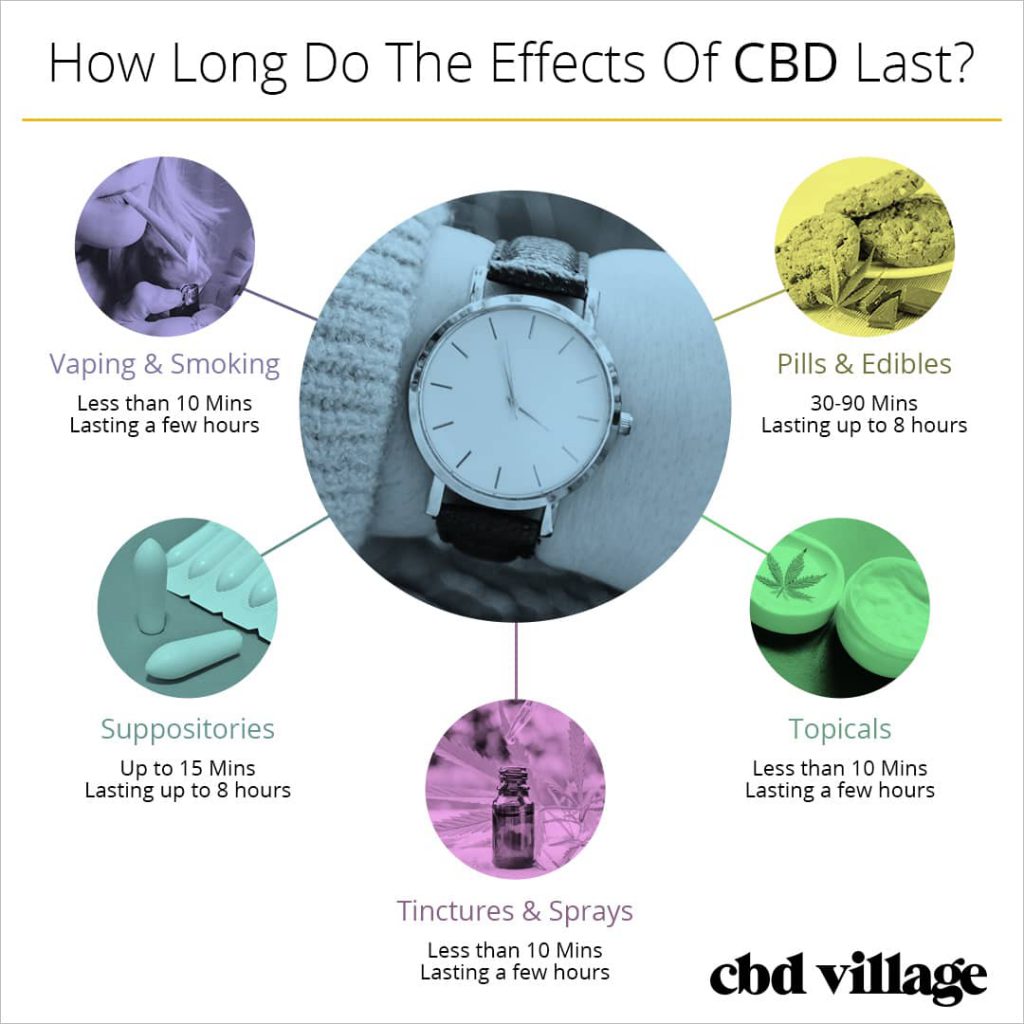
QUICK MATHS: So if you had 1 g of buds with 10% CBD, it contains 100 mg of CBD. If you then consume it via a process with a 50% bioavailability, then 50 mg of CBD will enter your bloodstream.
How Long Do The Effects Of CBD Last?
Hopefully, this guide has answered your questions about CBD and how long does CBD oil stay in your system. Now you’ll also know if CBD will make you fail a drug test. And you can choose a method of CBD consumption that’s best for you.
Taking CBD sublingually is one of the most popular ways. Many people opt for a dose in the morning and one before going to bed. Alternatively, many people choose to vape either CBD e-liquids or to vape CBD flowers regularly throughout the day.
One thing to consider is that different sources of CBD oil cost different amounts. So, if you are concerned about how much CBD oil you have entering your bloodstream per how much money has been spent, then it might be worth getting the calculator out.
The post How Long Does CBD Oil Stay In Your System? first appeared on CBD Village UK.

